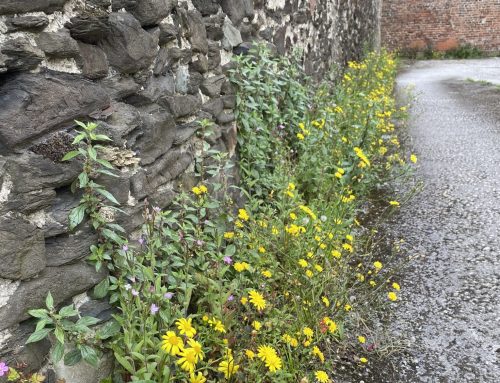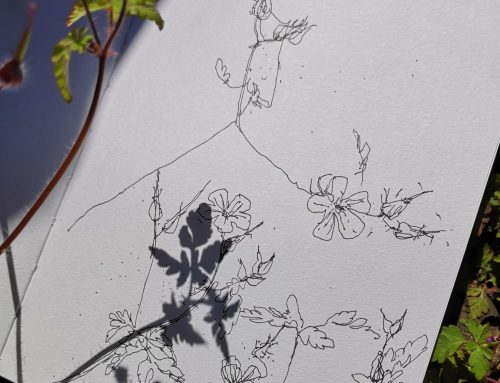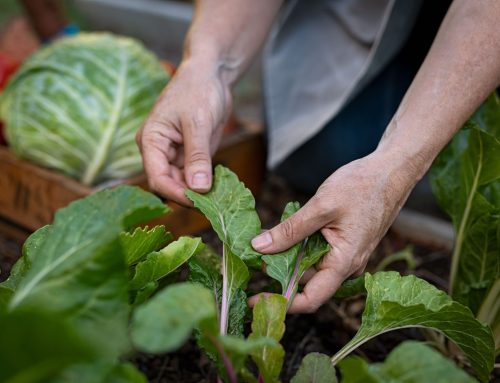A new report released today reveals that waterbodies across England, Wales and Northern Ireland are being devastated by agricultural waste (pesticides and fertilisers), raw sewage and pollution from abandoned mines. That’s despite 88% of people in England, Wales and Northern Ireland agreeing freshwater habitats are a “national treasure”.
In England, only 14% of rivers meet standards for good ecological status, with less than half achieving these standards in Wales. In Northern Ireland, only 31% of water bodies are classified as good or high quality. The poor health of many of our waterways has a significant impact on nature, with many species in decline and some facing extinction. Some of our most iconic and threatened species such as otters, the swallow tail butterfly and salmon depend upon these sites. A survey revealed that 78% of people would like to see more kingfishers when visiting waterways, with similar levels of appreciation for otters, dragonflies, water voles, beavers and salmon.
Research suggests exposure to waterways such as rivers, lakes and the coast, can boost physical and mental health and well-being, and that when people feel a place has more wildlife, it can have greater well-being benefits. However, the poll also revealed that almost half of those surveyed believe our waterways are in good condition with just 10% identifying agricultural pollution as the biggest issue facing water quality in the UK.
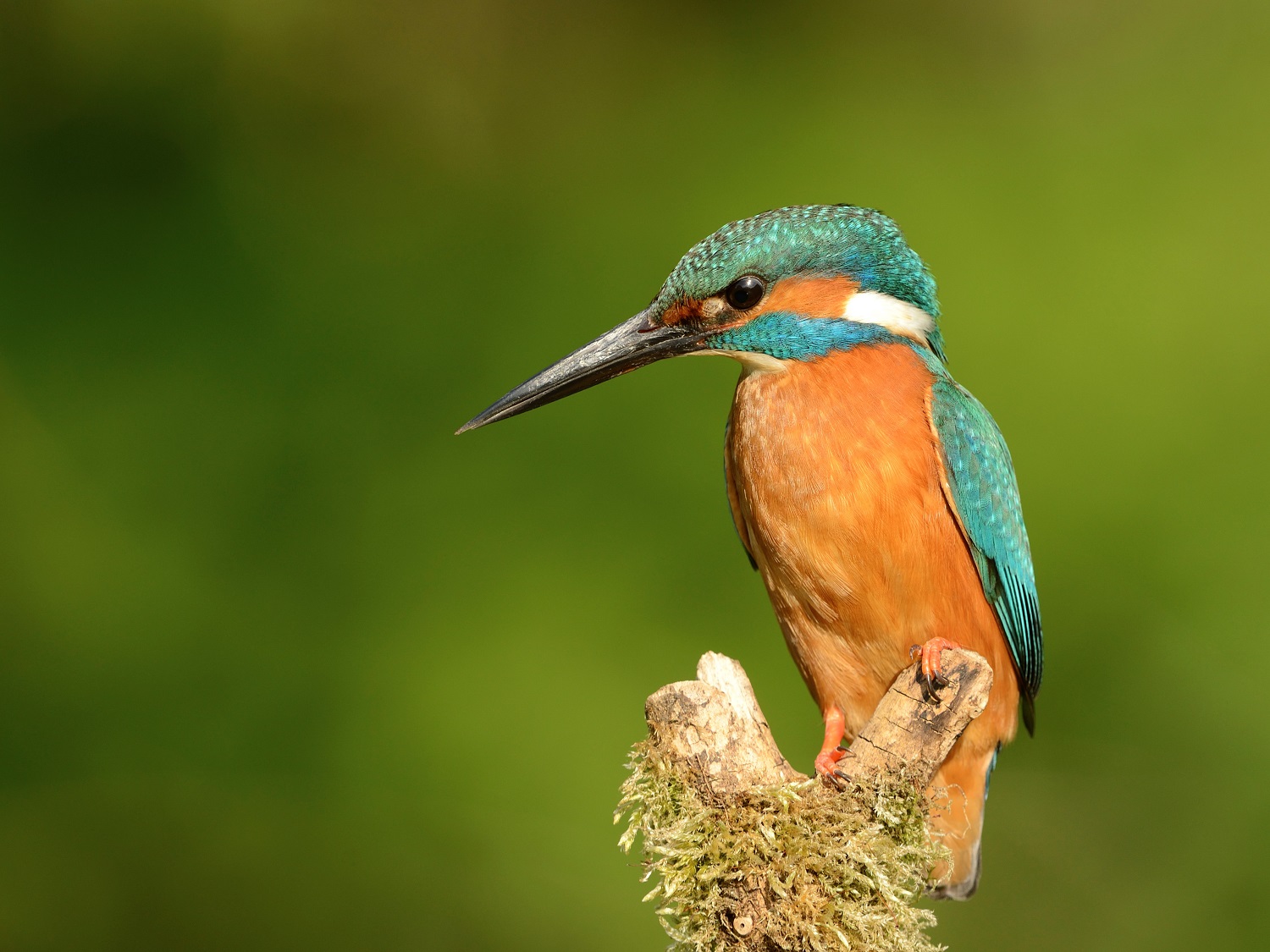
Common Kingfisher. Credit RSPB
RSPB’s Deputy Director of Policy, Jenna Hegarty said: “Nature is in crisis and the incredible freshwater wildlife people marvelled at as they explored our countryside this summer is a fraction of what should be there. It is disturbing how it has become so normal for our waterways to be polluted and contaminated, and that many people do not realise there is something wrong. Governments must demonstrate leadership and act with urgency and ambition to bring our waterways back from the brink of collapse and revive our world. Without this some our best loved species face an increasingly uncertain future.”
Although plastic pollution is an emerging threat to our freshwater ecosystems, poorly regulated use of pesticides and fertilisers in farming is one of the key drivers behind water pollution in England, Wales and Northern Ireland. Pesticides, including herbicides, are often applied at scale in agricultural systems to control unwanted plants and insects and can have significant negative effects on aquatic plants and wildlife. Costs arising from pesticide contamination of our drinking water has previously been calculated at £120 million per year. These costs are then passed on to people who pay for them through their water bills.
Sewage and storm overflows are also contaminating our water on a horrifying scale with water companies discharging raw sewage into our rivers 400,000 times in England and 100,000 times in Wales in 2020, despite laws stipulating this should happen only under exceptional circumstances. Chemical run-off from mines has also polluted 1,500km of rivers in England alone.
The report also calls for UK governments to urgently introduce measures to slash pesticide and excess fertiliser use in farming by switching to regenerative practises, ban raw sewage from reaching our rivers, introduce systemic change to the planning approval system and boost funding to agencies responsible for monitoring and enforcing environmental regulations.
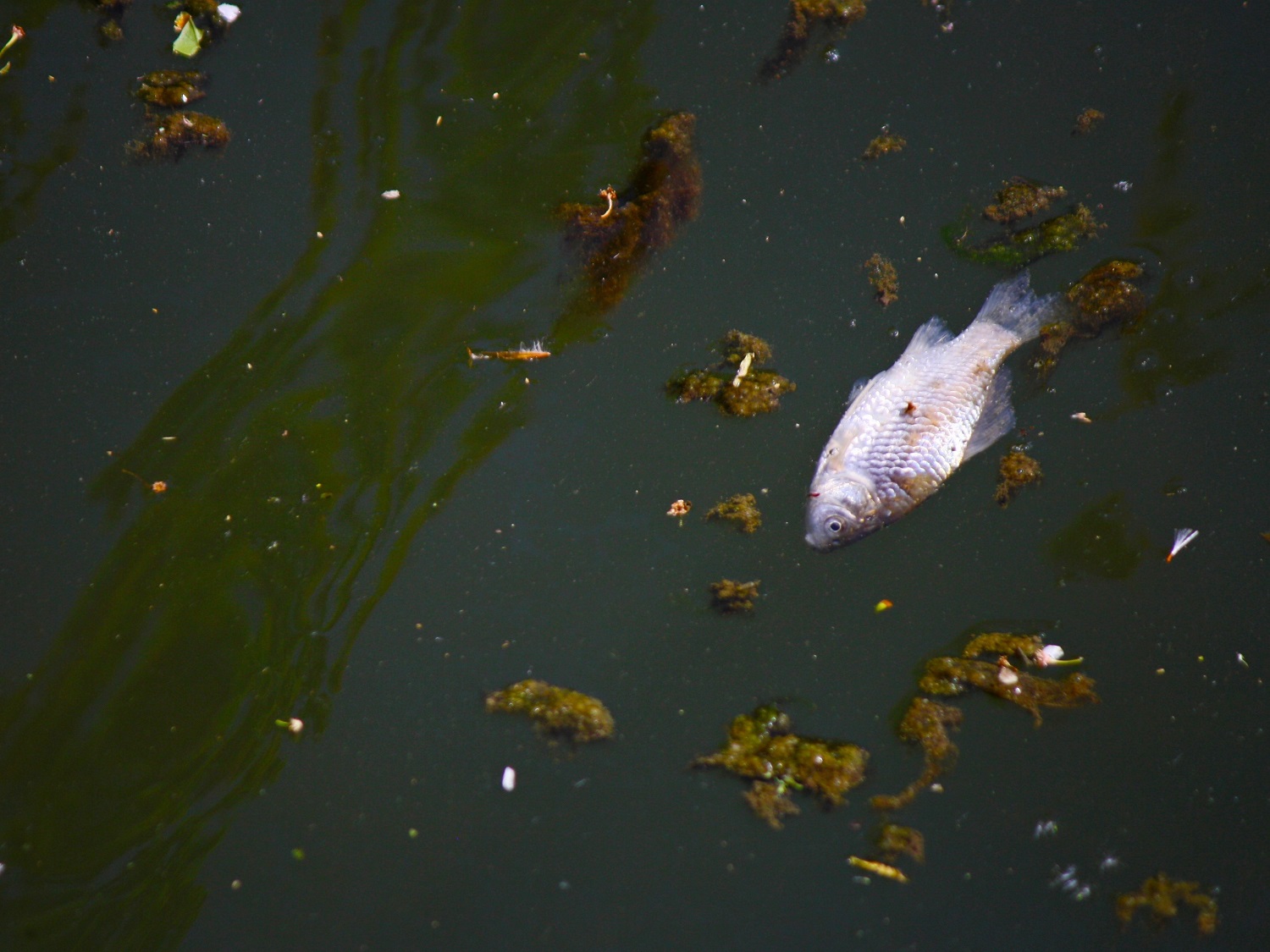
Fish floating in polluted river. Credit RSPB
The Troubled Waters report was commissioned by a partnership of environmental charities including the RSPB, the Rivers Trust, the National Trust, The Wildlife Trusts, Wales Environment Link and Afonydd Cymru.
Read more:
The truth about pesticide use in the UK

